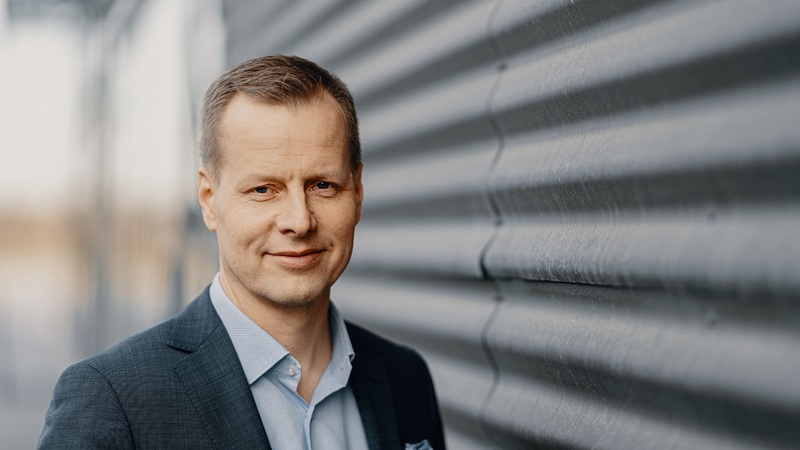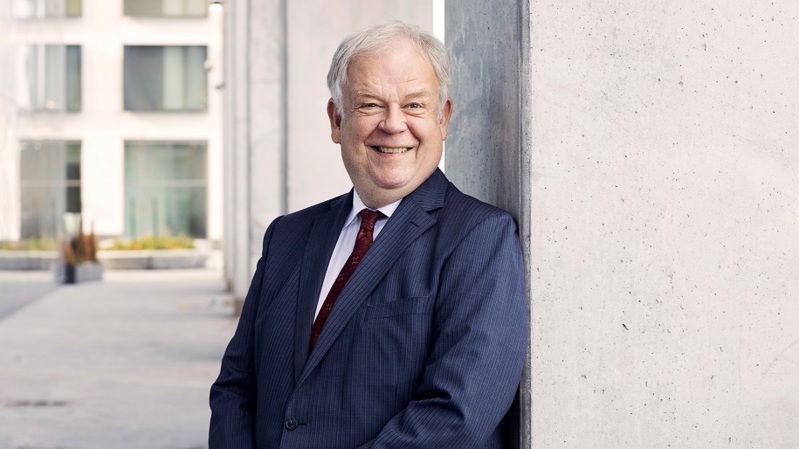The best occupational health care in the world is a €24 billion issue for Finland

Finnish occupational health care has been built up over the years by employers and employees, who also finance it almost entirely (employers about 80%, employees 20%). Occupational health care covers more than 1.9 million Finns of working age, whose health and fitness for work are crucial to the success of Finland as a whole, to its competitiveness and to the maintenance of a welfare society. Occupational health is an absolutely central part of our health care system; in addition to its specific role in balancing the growing burden of public health care, it does so in an internationally unique way and with excellent results.

Maintaining work ability is one of the core tasks of occupational health. On average, a worker's sick day costs society €370 and this amount is rising as the dependency ratio deteriorates and the burden of maintaining the welfare state falls on a dwindling number of working-age people. Today, the total cost of lost labour is around €24 billion a year.
Work capacity = prevention + health care together
Occupational health combines preventive measures to support workers and organisations with effective disease management processes. Occupational health generates a wealth of information, both medical and organisational, which can be processed to identify, anticipate and intervene in work-related risks on the basis of risk. Occupational health professionals literally create health from knowledge. Alongside prevention, effective disease management processes ensure that patients have rapid access to treatment, efficient and consistent care pathways and return to work as quickly as possible. At Terveystalo, more than 10,000 professionals from different medical specialties work alongside occupational health specialists, which means that multidisciplinary cooperation shines and customers do not get bounced around.
Examples of a seamless chain of preventive work and disease management are the models built around mental health support or musculoskeletal disorders. Our analysis based on extensive data shows that sickness absence due to mental health issues was reduced by more than 40% when employees received low-threshold support and access to brief psychotherapy as part of their occupational health. Rapid rehabilitation after musculoskeletal accidents and operations is achieved through a seamless chain of care from first appointment to rehabilitation, and return to work is supported by applied work models implemented in partnership between occupational health professionals and the organisation. The worker is supported at every stage and the circle that started with a challenge is closed. Even in simpler sickness appointments, occupational health has been a pioneer in bringing more streamlined practices to its clients: last year, a third of occupational health appointments were conducted through remote channels, saving everyone time.
Occupational health responds to the changing world of work and needs more effort
One of the clearest indicators of health is the ability to work. The importance of work for health is also increasingly recognised. The world of work is changing and occupational health is changing with it: hybrid work, digitalisation, social and economic uncertainty, ageing and the diversity of work communities are just some examples. At the same time, the role and responsibility of occupational health at the interface between work communities and health is growing. Businesses, employees, occupational health providers and, for example, occupational pension providers have a converging interest in improving work capacity.
Occupational health is already an excellent part of health care and should be given even more attention in the coming years. At Terveystalo, we are constantly investing in better ways to support the health of Finns and are ready to take on increasing responsibility, especially for the working-age population, alongside public health care. The 24 billion cost of lost working days every year can be reduced by investing more in occupational health in a way that benefits employees, employers and society. These investments matter when we consider Finland's and Finns' competitiveness, well-being and ability to create new things. Prosperity will continue to need its creators.

Ville Iho is the CEO of Terveystalo, a company that is driven by ambitious goals and extremely tough professionals around him. In his spare time, his goal is to be the best grandfather in the world in time.
Read more blogs

Let's reform occupational health together
Laura Karotie, SVP Corporate Health at Terveystalo, shares her initial observations on how occupational health can be developed in a customer-oriented and sustainable manner.

Here are the digital trends in healthcare 2025: AI frees up time and supports quality of care
Ilari Richardt, Director of Digital Services at Terveystalo, highlights five major digital trends that will transform healthcare this year. At the heart of these trends is the potential of artificial intelligence to solve healthcare problems.

Good medicine requires the right tools
Medicine, like many other sciences, is advancing by leaps and bounds. The fact that medicine guides our work means that we deliver the most effective care as recommended. This requires us to constantly evolve and keep ahead of the scientific curve, so that we can act in the best interests of our customers, using all appropriate and possible means.

Occupational health psychologists are underutilized amidst the tsunami of mental health issues
The increase in psychological problems and burnout at work is constantly being discussed. Mental health disorders are one of the major causes of decreased work efficiency, absenteeism, and transition to disability pensions. One might ask why this situation persists, despite the fact that our country has a unique and highly regarded occupational health care system, with a large number of experts in the connection between work and mental health – us occupational health psychologists.

Where there is love for medicine, there is love for humanity
Hippocrates' wise words help us make the right choices. Our commitment to our mission, working for a healthier life, extends beyond the provision of quality health services to the promotion of human rights throughout our value chain.

Together towards a healthier workplace: The power of occupational health partnership
A healthy workplace is the result of collective effort, and Finnish business decision-makers share this view. Customer Relationship Director Terhi Nieminen explains how Terveystalo focuses on proactive measures and multidisciplinary collaboration, supporting the well-being of workplaces and employees comprehensively. This way, we create value that promotes sustainable success and addresses the challenges of the future working life.